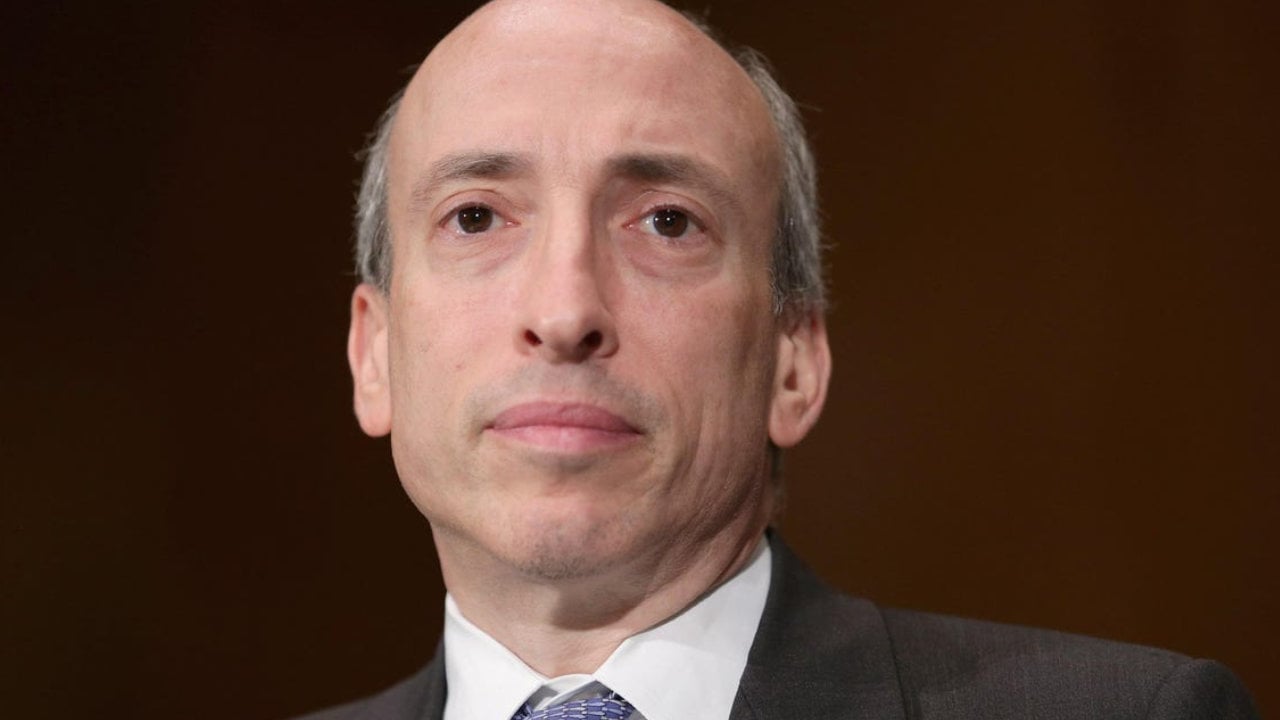
The study also questioned whether FTX or Alameda had any role in coordinating Twitter bot activity for its own gain.
Crypto-spouting Twitter bots could be playing a much larger role in artificially inflating the price of altcoins than previously understood, a new study has suggested.
Using a sample of various FTX-listed cryptocurrencies in a study published Aug. 2, the Network Contagion Research Institute (NCRI) said it analyzed over 3 million tweets posted between Jan. 1, 2019, to Jan. 27, 2023, surrounding 18 altcoins.
The study found that Twitter bot activity played a crucial role in amplifying the value of these cryptocurrencies, including The Sandbox (SAND), Gala (GALA), Gods Unchained (GODS) and LooksRare (LOOKS), with half of the coins showing signs of price influence as a result of tweet bot activity.
It also found that these inauthentic tweets would increase after FTX posted about the token on social media, which it said raises questions about whether FTX or Alameda Research could have played a role in coordinating the bot activity.

"In fact, for half of the FTX listed coins in the sample, inauthentic tweet volume showed signs of forecasting subsequent price. This suggests that inauthentic networks successfully and deliberately deployed to influence changes in FTX coin prices," it said, adding:
“It begs the question, did FTX or Alameda engage in coordinated inauthentic activity on social media to artificially inflate market values?”
Musk’s tweets impact PSYOP and PEPE
The study also looked into the impact of bot activity and Elon Musk's crypto-adjacent tweets on two recent memecoins, suggesting the prices of Pepe (PEPE) and PSYOP have been influenced by both these factors.
NCRI detected a surge of newly created bot accounts before the launch of PEPE — which all went on to tweet about one of the two coins.
Pepe Coin and PSYOP leveraged memes and were also boosted by two of Musk’s tweets that seemingly gave a nod to each of the tokens, the study said.
Related: X’s ad revenue sharing: Crypto payments on the horizon?
Musk’s May 13 tweet of a Pepe meme caused the token's price to jump over 50% within 24 hours.
Explaining Constitutional Amendments pic.twitter.com/oYkMPBe9Zi
— Elon Musk (@elonmusk) May 13, 2023
Alongside Musk’s tweets, account creation surges took place a day prior to Pepe’s April 17 launch which suggested an orchestrated effort to use bots to amplify the token’s popularity.

The study’s researchers said this phenomenon could also affect stocks and other securities. They pointed to the social media frenzy in 2022 surrounding so-called “meme stocks” such as Gamestop and AMC.
Magazine: How smart people invest in dumb memecoins — 3-point plan for success











